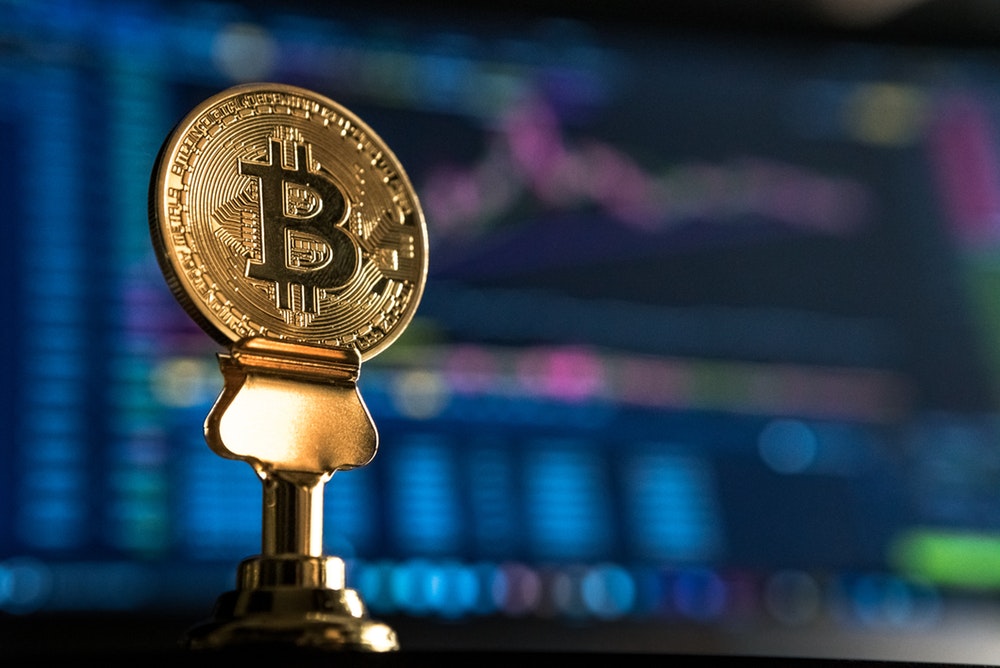San Salvador: The Congress of El Salvador has approved a law that will classify Bitcoin as legal tender in the Central American country, its president said, making it the world’s first nation to adopt a cryptocurrency.
“The #BitcoinLaw has just been approved by a qualified majority” in the legislative assembly, President Nayib Bukele tweeted after the vote late Tuesday.
The #BitcoinLaw has been approved by a supermajority in the Salvadoran Congress.
62 out of 84 votes!
History! #Btc🇸🇻
— Nayib Bukele (@nayibbukele) June 9, 2021
Bukele said a majority of 62 out of 84 lawmakers approved the bill, which he proposed last week. The law passed with the support of Bukele’s allies despite minority opposition parties — who had criticised the speed of the vote — refusing to back it.
Bukele said a majority of 62 out of 84 lawmakers approved the bill, which he proposed last week. The law passed with the support of Bukele’s allies despite minority opposition parties — who had criticised the speed of the vote — refusing to back it.
The 39-year-old President, who has maintained approval ratings above 90% and made Twitter his preferred way of communicating, characterised it as an idea that could help El Salvador move forward. The U.S. dollar is El Salvador’s official currency. About one quarter of El Salvador’s citizens live in the United States and last year, despite the pandemic, they sent home more than $6 billion in remittances.
Bukele’s New Ideas party holds a super majority in the new congress seated May 1, giving any legislative proposal from the President a strong likelihood of passage.
Additional details of the plan were not released. But Mr. Bukele in subsequent messages on Twitter noted that Bitcoin could be “the fastest growing way to transfer 6 billion dollars a year in remittances.” He said that a big chunk of those money transfers were currently lost to intermediaries and with Bitcoin more than a million low-income families could benefit.
Bukele also said 70% of El Salvador’s population does not have a bank account and works in the informal economy. Bitcoin could improve financial inclusion, he said.
Before the vote, Bukele said adopting the cryptocurrency would bring “financial inclusion, investment, tourism, innovation and economic development” to the country. The Salvadoran leader has hailed bitcoin as “the fastest growing way to transfer” billions of dollars in remittances and to prevent millions from being lost to intermediaries.
Remittances from Salvadorans working overseas represent a major chunk of the economy — equivalent to roughly 22 percent of Gross Domestic Product. In 2020, remittances to the country totaled $5.9 billion, according to official reports.
“This is a law that will put El Salvador on the world’s radar, we will be more attractive for foreign investment,” Romeo Auerbach, deputy of the Grand Alliance for National Unity party, an ally of Bukele, said.
The cryptocurrency market grew to more than $2.5 trillion in mid-May 2020, according to the Coin marketcap page, driven by interest from increasingly serious investors from Wall Street to Silicon Valley.
But the volatility of bitcoin — currently priced at $33,814 — and its murky legal status has raised questions about whether it could ever replace traditional currency in day-to-day transactions.
PNN & Agencies
